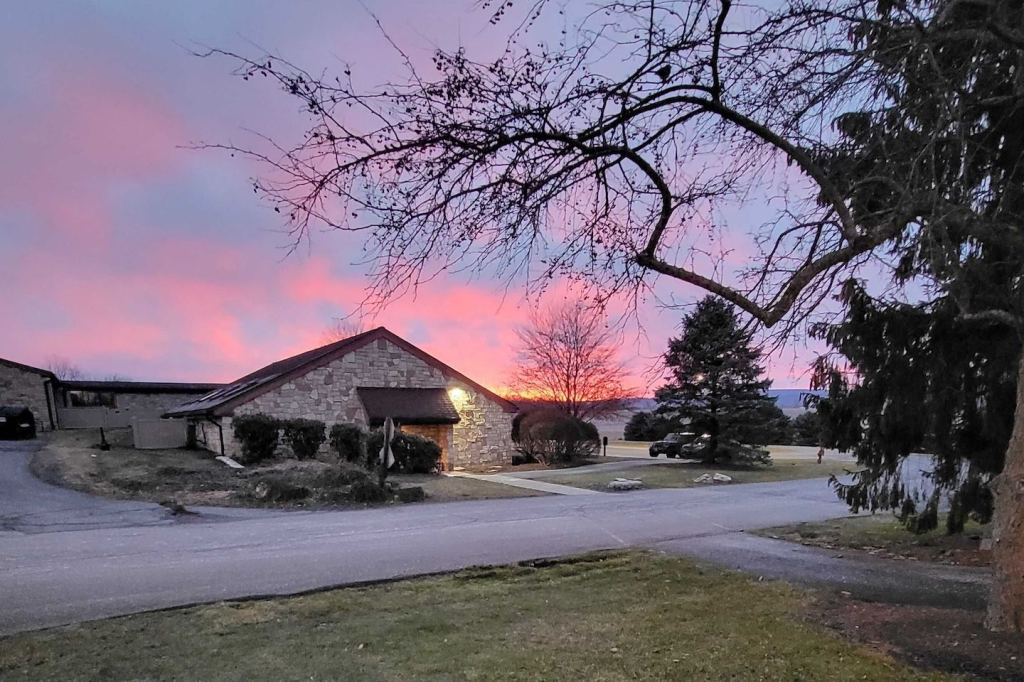When I was 15 years-old I smoked a joint. It was very much like any other joint that I had smoked in the months preceding: slim, packed with a small amount of weed bound in tobacco, and rolled carefully by a friend (I did not, and still do not, know how to roll my own cigarettes).
The only notable difference was that this joint landed me under psychiatric observation.
Videos by VICE
It was a weekend night, and in a stunning display of audacity I had invited ten equally gormless friends over to drink and smoke weed—mere metres away from my poor, unwitting parents. Soon enough I was drawing heavily from the joint and inhaling deeply, ready to sink back into the familiar, contented idiocy of being stoned.
Instead, I grew steadily and overwhelmingly terrified of everyone around me. My sense of reality was shifting to the point I felt like I was waking up from a dream every few moments; the sort of morning dream where you get up to go shower, only to realize you’re still in bed and you never got up to shower. As for my (increasingly-confused) friends, I suddenly saw them as dangerous criminals who had inexplicably gained entry to my house.
Read More: How to Talk to Your Therapist About Smoking Weed
Then the extreme disassociation began, and I became what I believe most clinicians would refer to as “a complete fucking nightmare.”
Initially I was aware that I was losing my grip. But as I became more tangled up in the delusions, I lost any sense of self-awareness and terror fully consumed me. I was afraid of all the panicking going on around me, and I was afraid of what people were going to do to me. To this day, my best friend reports that I was speaking nonsense, but reciting the alphabet backwards and forwards appeared to relax me a little, for reasons still unknown to me.
At some point amidst the screeching, as I retreated to my bedroom and my bewildered friends evacuated the area, my parents were—rather humiliatingly—called in to help. Surveying the scene, they bundled me into the car and drove me to the local hospital.
What I do remember is the sheer alarm in the psychiatrist’s voice.
What I did not know at this point (and what I perhaps should have been made aware of earlier) was the existence of a deep-seated genetic predisposition for schizophrenia that had run through mother’s side of the family for many years.
For those who may be unaware, schizophrenia is a broad mental illness characterised by two groups of symptoms referred to as “positive” and “negative” symptoms, including delusions and hallucinations (psychosis), apathy, paranoia, incoherent speech, lack of emotional response, and social isolation. In the years following my own episode, one of my aunts would walk for two months on a broken femur before her family noticed her limp. She had been rendered mute and largely uncommunicative by the illness.
I don’t remember a great deal of that night in hospital; what remains are flashes of trauma victims being wheeled about on gurneys, and images of my father loudly expressing his distress at the hospital staff. What I do remember is the sheer alarm in the psychiatrist’s voice as he insisted that with a family history like mine, weed was pretty much off the menu from that point on.
The relationship between weed and psychosis is well-documented in medical literature, with consistent findings that the ingestion of weed is strongly correlated with the onset of psychotic symptoms. Professor David Castle, Chair of Psychiatry at the University of Melbourne and a prominent researcher in cannabis, says there is “no doubt” that cannabis can cause psychosis. But he is also quick to assert that any healthy individual can develop what we recognise as psychotic symptoms (hallucinations or delusions), given the right amount of a stimulus.
“Cannabis, dopamine, amphetamines or sensory deprivation can cause anybody to hallucinate or get paranoid ideation,” Castle says, although he stresses that everyone has differing susceptibility depending on their unique genetic makeup and exposure to life stressors such as trauma. My family history unquestionably increases my vulnerability.
Whether or not smoking weed can actually cause schizophrenia in otherwise “normal” individuals who don’t have the genetic predisposition is a complicated and contentious question. The logistical difficulty of long-term cohort studies, overlapping genes that predispose people both to smoke weed and develop schizophrenia, and the fact that people with the early symptoms of schizophrenia often turn to smoking weed, are all factors that make causality in studies tricky to determine.
However, Castle believes there is a small causal link between weed and the onset of schizophrenia. “If you were to take away cannabis from the face of the globe, it might be that five percent of the population that do develop schizophrenia won’t anymore.”
For More Stories Like This, Sign Up for Our Newsletter
For people like me, on the other hand, the causal nature is easy to determine. If I had continued to smoke weed, there is a real likelihood that I would have toppled off the deep end into chronic mental illness. “It would be like if you have a very strong family history of diabetes,” Castle explains. “You would be foolish to overindulge in sugar.”
The terror of experiencing another psychotic episode like that one has kept me at arm’s length from weed ever since. But I believe I was incredibly lucky: for one, I received immediate and professional intervention for my genetic vulnerabilities. Others do not have that luxury.
I am also lucky to have been born into such a stoic British family, because I have literally never been forced to speak about the incident with my parents ever since.




